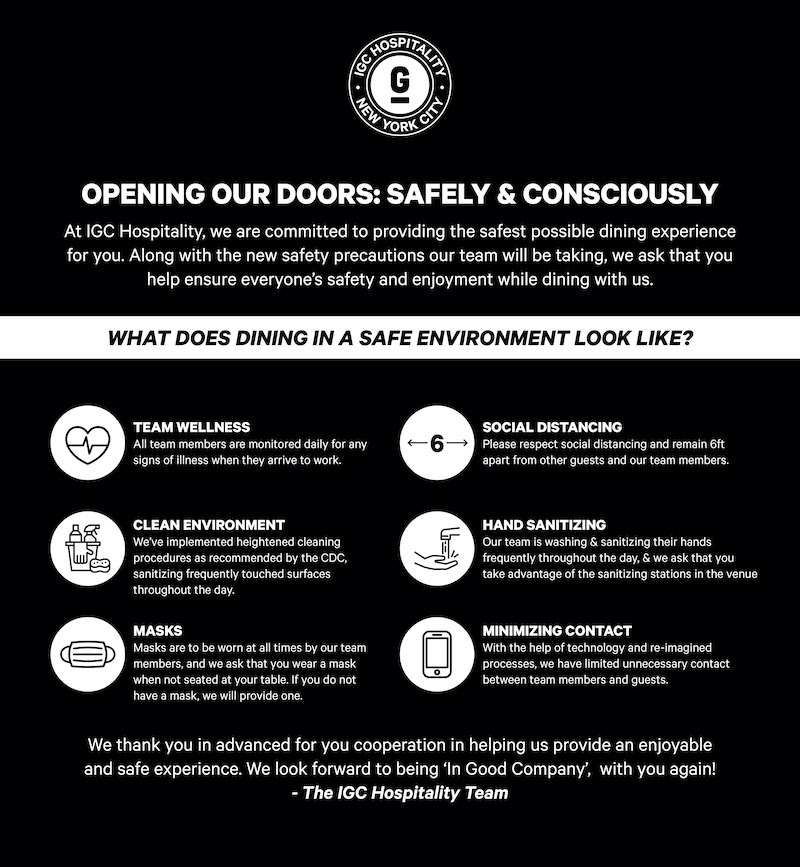The Future of Online Gambling – Trends and Innovations
As technology rapidly evolves, a wave of mobile trends is reshaping the way players engage with their favorite activities. The surge in smartphone usage has led to innovative applications, allowing for seamless access to various gaming experiences at any time and place. With an ever-growing demand for convenience, the industry is pivoting towards solutions that meet the needs of modern users.
Additionally, the integration of smart contracts is revolutionizing transaction processes by ensuring transparency and security in gameplay. This technology not only enhances fairness but also streamlines operations, making gaming ecosystems more efficient. Alongside this, the implementation of blockchain security provides robust measures against fraud, fostering player trust and integrity in the betting environment.
Moreover, advancements in virtual reality offer immersive experiences that transport players into lifelike gaming arenas. With the rise of metaverse gaming, individuals can engage with others in expansive digital worlds, creating vibrant communities and shared experiences. The concept of VR casinos now brings traditional gaming formats into lifelike simulations, allowing for unrestricted exploration and interaction that redefines player engagement.
Understanding the Impact of Blockchain Technology on Online Casinos
Blockchain technology is revolutionizing the landscape of virtual gaming platforms, bringing a host of benefits that enhance user experience and security. One of the most significant advantages is blockchain security, which ensures that transactions are transparent and tamper-proof. This level of security builds trust among players, who can verify the integrity of games and outcomes.
Additionally, smart contracts are transforming how payments are processed. These self-executing contracts can automatically manage payouts and enforce rules, eliminating the need for intermediaries and minimizing the risk of fraud. Players can expect quicker and more reliable transactions, enhancing the overall gaming experience.
The integration of blockchain with technologies such as virtual reality (VR) holds exciting potential for immersive experiences. As the industry embraces vr casinos, players can enjoy a truly engaging atmosphere, while blockchain ensures secure interactions within these digital realms. Furthermore, with the rise of metaverse gaming, the fusion of decentralization and virtual platforms is paving the way for unique social experiences and economic opportunities.
Moreover, the application of ai in gambling combined with blockchain can lead to more personalized gaming experiences. By analyzing player behavior through secure channels, platforms can tailor offerings and improve overall satisfaction. As technology continues to evolve, the synergy between these advancements will define the next generation of gaming environments.
As the landscape shifts, keeping an eye on these developments is essential for both operators and enthusiasts. For further exploration into the implications of these innovations, visit https://nationaltoyfoxterrier.org/.
In this rapidly changing environment, remaining informed about emerging technologies will empower players and investors alike. Continuing to monitor the intersection of blockchain and gaming will clarify how these advancements shape future experiences. Discover more insights and analyses at https://nationaltoyfoxterrier.org/.
How Artificial Intelligence is Shaping Personalized Betting Experiences
Artificial intelligence (AI) is rapidly transforming the landscape of wagering, enhancing user experience through tailored recommendations and advanced analytics. By analyzing player behavior and preferences, AI technologies enable bookmakers to provide customized betting options that resonate with individual users.
One significant application of AI in gambling is the implementation of predictive algorithms. These algorithms assess past performance, trends, and real-time data to forecast outcomes, empowering punters to make informed decisions. Additionally, by utilizing machine learning techniques, platforms can refine their understanding of user preferences over time, resulting in increasingly personalized suggestions.
Moreover, AI integrates seamlessly with smart contracts in decentralized environments, automating processes and enhancing transaction security. With the marriage of AI and blockchain security, bettors can trust that their activities are protected, fostering a more reliable environment for all participants.
Virtual reality (VR) is another front where AI plays a crucial role. As players venture into immersive arenas, AI algorithms analyze interactions and feedback, optimizing the virtual experience to match individual tastes. This personalization not only engages users deeper but also encourages loyalty to specific platforms.
With the rise of mobile trends, AI has become indispensable in tailoring experiences for users on smartphones and tablets. By leveraging location data and usage patterns, betting applications can deliver localized promotions and options that align with players’ interests, significantly enhancing engagement.
Looking ahead, the integration of AI into metaverse gaming holds tremendous potential. As virtual worlds evolve, personalized interactions powered by AI will redefine how players engage with various betting environments, leading to richer, more interactive experiences.
In summary, the incorporation of artificial intelligence into the betting sector signifies a pivotal shift towards personalization. By harnessing advanced analytics, predictive modeling, and seamless integration with emerging technologies, the industry is poised to deliver unprecedented experiences tailored to each individual’s unique preferences.
Role of Virtual Reality in Enhancing Gaming Engagement
Virtual reality is revolutionizing the way players interact with digital gaming environments, offering immersive experiences that traditional platforms cannot match. By integrating 3D technology, users can navigate through virtual spaces, making interactions feel more tangible and realistic. This shift is particularly impactful in creating a sense of presence, allowing participants to engage more deeply with the games they play.
As metaverse gaming continues to evolve, it opens up new possibilities for social interaction. Players can connect with others in a shared virtual space, fostering community building and collaboration that enhances overall enjoyment. This social dimension can attract a broader audience, particularly among younger generations who are already familiar with virtual environments.
Moreover, integrating AI in gambling provides personalized experiences, tailoring content and recommendations based on individual preferences. This innovative approach can significantly enhance user engagement, as players feel that their needs are being met with customized gaming experiences.
Incorporating smart contracts further strengthens the appeal of virtual reality environments by ensuring transparency and security in transactions. Utilizing blockchain security mechanisms helps to build trust among users, as they can engage without concerns about fraud or unfair practices.
Mobile trends are also adapting to virtual reality advancements, enabling seamless access to immersive gaming experiences on-the-go. This adaptability ensures that participants can enjoy high-quality interactions, regardless of their location, making virtual gaming more accessible than ever before.



